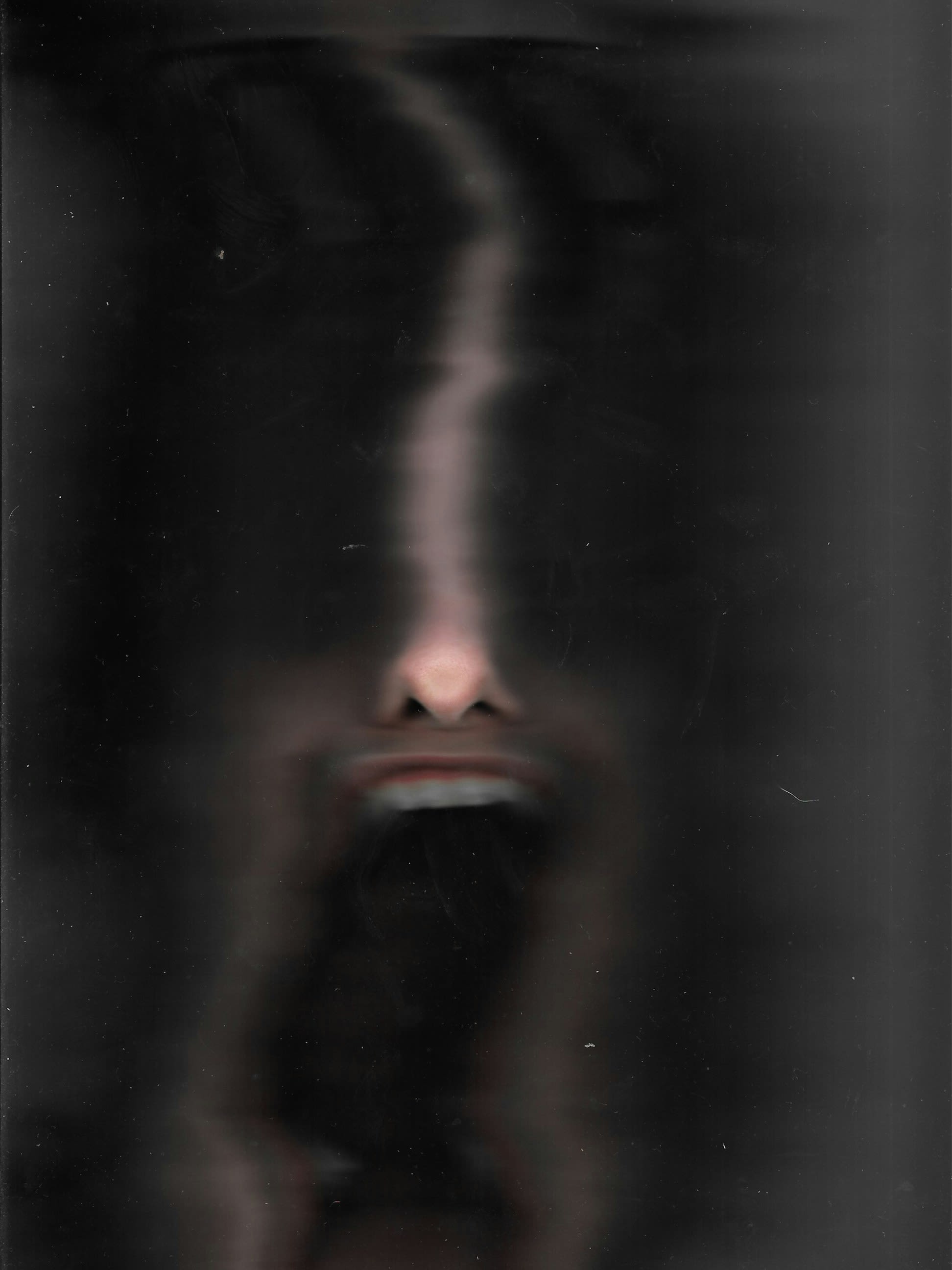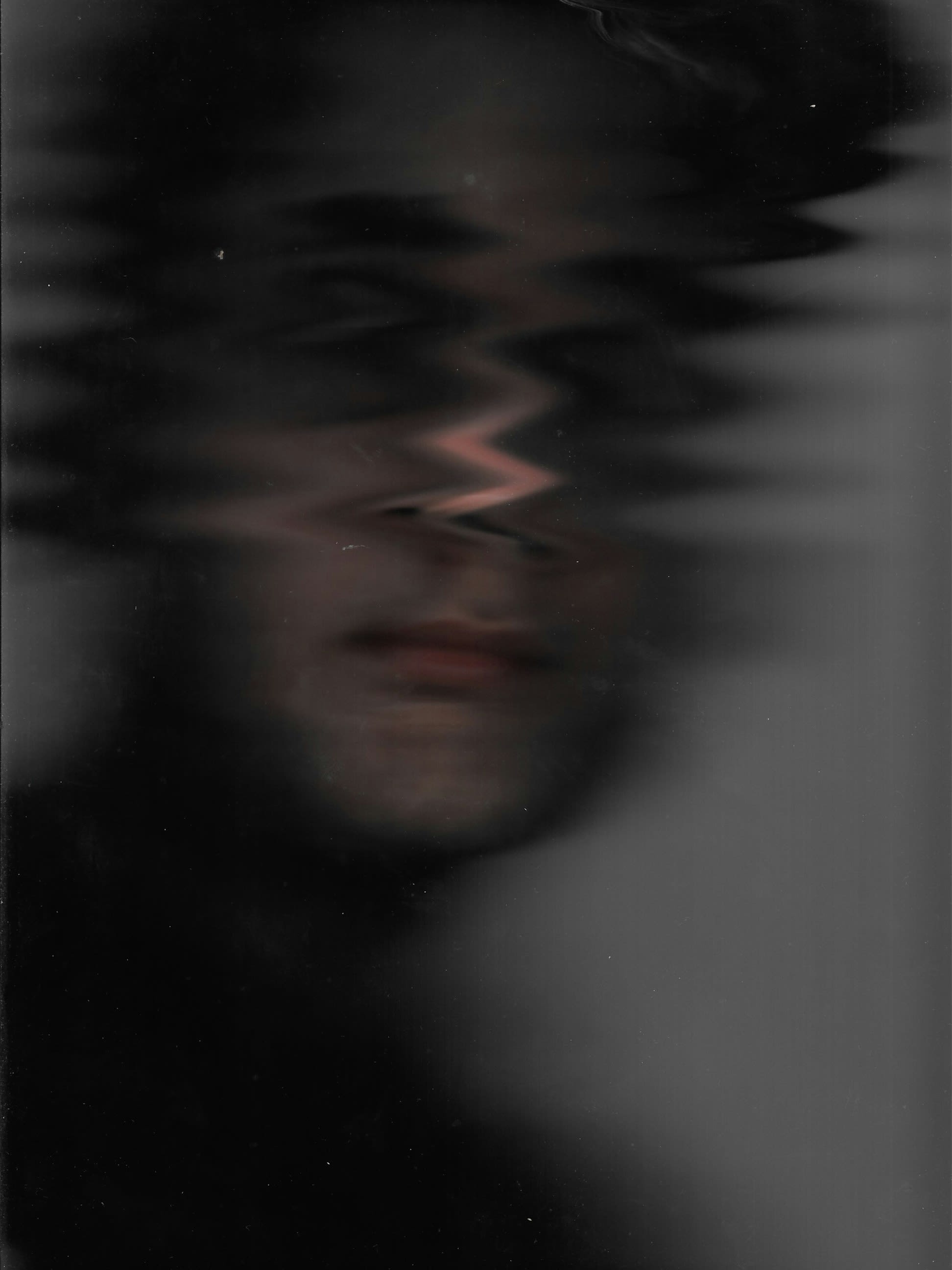The Psychology of Doom Scrolling – Why We Can’t Stop and How It Affects Our Brain

It starts innocently, just a quick glance at your phone to catch up on the news. Moments later, you're deep in an endless feed of global crises, celebrity scandals and algorithm-fueled outrage. You want to stop… but you don’t. This is the phenomenon of doom scrolling and it’s not just a habit—it’s a psychological trap engineered to keep us scrolling.
What is Doom Scrolling?
Doom scrolling refers to the compulsive consumption of negative news or distressing content online, particularly via social media. It intensified during the COVID-19 pandemic, but its grip on our minds has only grown stronger. From war updates to climate disasters to economic uncertainty, these digital rabbit holes hijack our attention—and our mental health.
The Dopamine Trap: How Social Media Hijacks the Brain
At the heart of doom scrolling is dopamine, the brain’s "reward" chemical. Every new post, notification or shocking headline gives our brain a tiny dopamine hit, reinforcing the cycle.
Social media platforms are engineered for variable reward schedules, a technique borrowed from slot machines. Sometimes what we see is boring; sometimes it's shocking, funny or infuriating. That unpredictability keeps us hooked, constantly swiping for the next emotional jolt.
“It’s not the content that traps us—it’s the possibility of something emotionally stimulating,” says Dr. Anna Lembke, author of Dopamine Nation.
Anxiety, Fear and the Need for Control
Doom scrolling also stems from a psychological need to feel in control during uncertain times. When the world feels chaotic, many turn to information as a coping mechanism. The problem? The more we consume negative content, the more anxious and helpless we feel.
This cycle creates a feedback loop:
- Anxiety triggers the need for information.
- Information overload increases anxiety.
- The cycle repeats, fuelled by digital design.
Psychologically, this behaviour shares traits with obsessive-compulsive patterns, where reassurance-seeking leads to temporary relief but worsens long-term distress.
The Cost: Digital Fatigue and Mental Exhaustion
Excessive doom scrolling contributes to:
- Sleep disruption from late-night scrolling
- Increased anxiety and depression symptoms
- Reduced focus and productivity
- Digital fatigue, a state of mental depletion from constant exposure to screens
According to a study published in Health Communication (2022), individuals who doom scrolled regularly reported significantly higher stress and poorer well-being scores than those who didn’t.
Breaking the Cycle: What Psychology Teaches Us
Understanding the psychological mechanisms behind doom scrolling is the first step in regaining control. Key strategies include:
- Setting digital boundaries (e.g., screen time limits, no phones before bed)
- Curating feeds to reduce exposure to triggering content
- Mindful browsing, where users pause and ask, “Is this helping me or harming me?”
- Engaging in real-life social connections to replace digital validation loops
These behavioural interventions draw heavily from cognitive-behavioural therapy (CBT)—a core focus area in modern psychology.
The Role of Psychology in a Digitally Overloaded World
With mental health challenges on the rise and technology playing a central role in our daily lives, psychologists are increasingly studying how digital design intersects with human cognition and behaviour.
At Veritas University College, the BSc (Hons) in Psychology is designed to equip future psychologists with the knowledge to understand, research and treat digital-age mental health issues. Students explore:
- Human cognition and attention
- Media psychology
- Behavioural addictions
- Mental health assessment
- Cognitive-behavioural interventions
Graduates are prepared to contribute to both clinical and tech spaces, helping design healthier digital environments and support those struggling with screen-induced stress.
Knowledge is Power in the Scroll Era
Doom scrolling isn’t just a personal weakness, it’s a byproduct of powerful design, unpredictable news cycles and deep psychological triggers. But through self-awareness and psychological insight, we can learn to reclaim our attention and protect our mental health.
If you're passionate about understanding the human mind in a digital age, studying psychology is more relevant than ever. With the Veritas BSc (Hons) in Psychology, you can be part of the solution, helping individuals, communities and even tech companies build better mental health outcomes in an always-online world.



